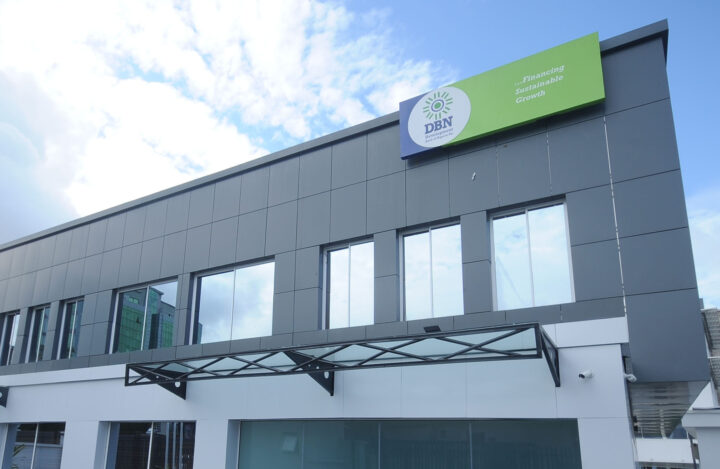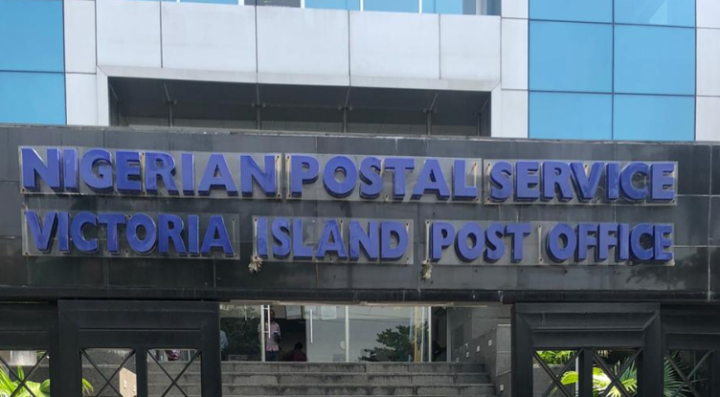The Development Bank of Nigeria (DBN) says it plans to disburse N150 billion to micro, small, and medium enterprises (MSMEs) across the country in 2023.
Joseph Nnanna, chief economist at DBN, spoke with NAN in Abuja on Monday.
Nnanna said the disbursement would be done through participating financial institutions for onward lending to MSMEs across various sectors of the economy.
He added that the aim is to enlist 120, 000 MSMEs in 2023.
Advertisement
In April, the bank said it disbursed about N631 billion to over 313,000 MSMEs across the country.
“I think we are on track to get there so we have a target to disburse around N150 billion this year and so far we are making some good progress but the year isn’t over yet and the state of the economy is a bit influx,” Nnanna said.
“A lot of Nigerians are challenged, a lot of businesses are challenged, the interest rate is increasing and as a result we know that these business owners will need some able room to breathe.”
Advertisement
Nnanna, however, said the bank had recorded growth in the MSME sector with the increasing employment rate.
“If you look at what we have done across the country, we have been able to impact over 300, 000 MSMEs and this cuts across trade, education, manufacturing, agriculture and ICT,” he added.
“By and large we have seen some growth across the MSME space because we measure the job creation levels of the money we disburse through our participating financial institutions.
“Over 240, 000 jobs have been created so far and that is commendable.”
Advertisement
Nnanna urged the participating financial institutions to provide the needed support for MSMEs to continue to grow amidst the prevailing economic challenges in the country.
“We know we are trying to create jobs and we know that the economy is a bit challenged now, the high interest rates and uncertainty with the agriculture sector given that the Cameroon government is going to open up the dam.
“So our commercial banks and microfinance banks will surely intervene and support those actors in their space who need some cushion to continue to grow.”
Responding to the plans on financial inclusion, the bank’s chief economist said there would be more collaborations with stakeholders in the sector to achieve its target.
Advertisement
“With support from the regulators, our partner institutions; we need support broadly because in the end, I will restate that we suddenly need to collaborate more to achieve inclusive growth,” he said.
He said without collaboration, it is never going to work because “somebody will feel cheated whether it is in the MSME lanes, commercial or microfinance bank lanes”.
Advertisement
Add a comment






